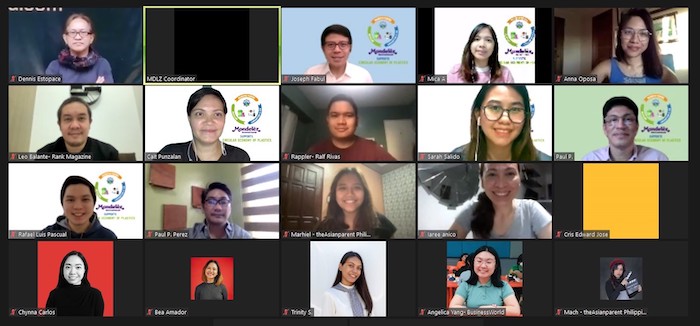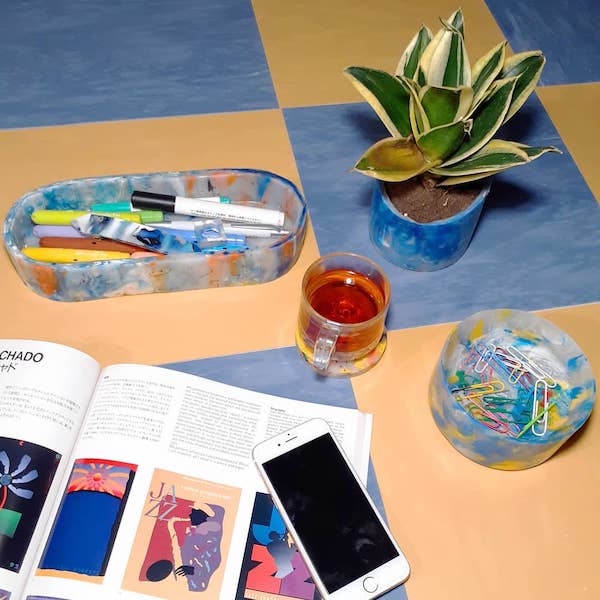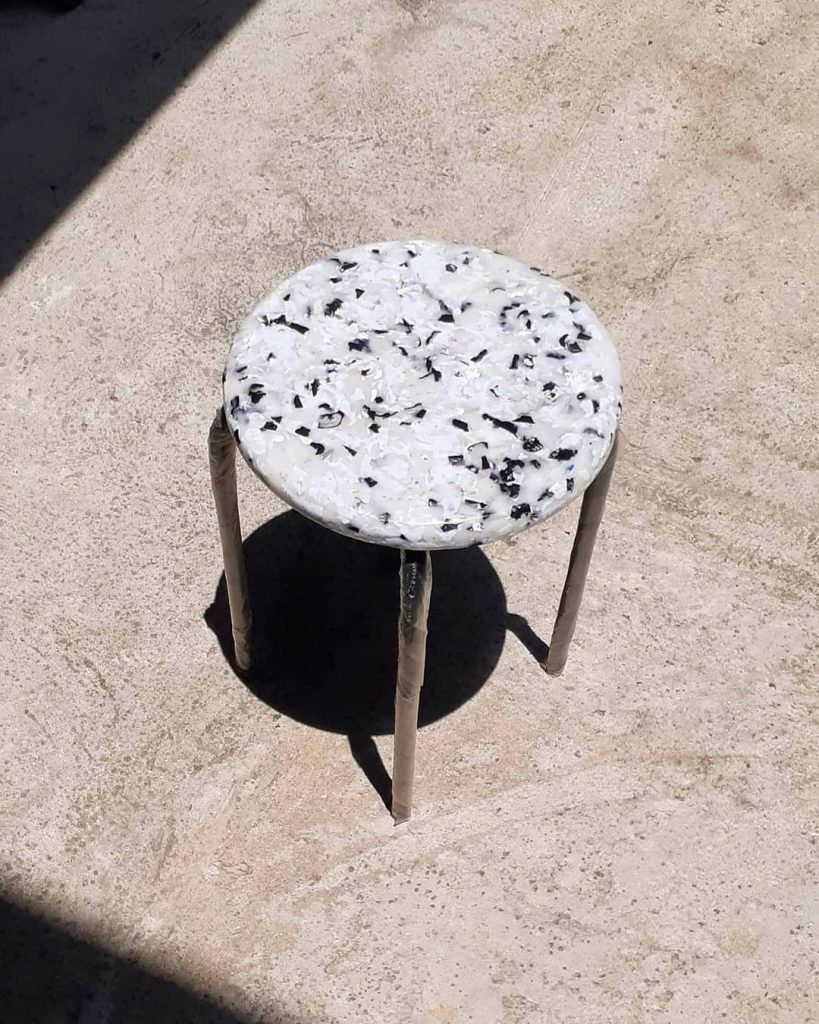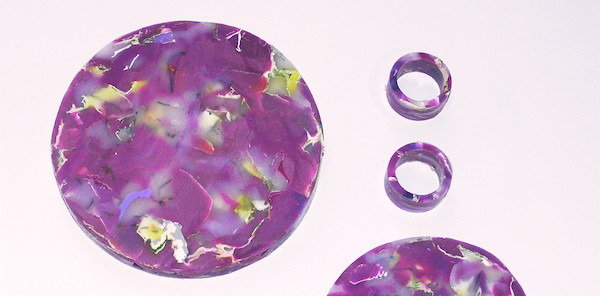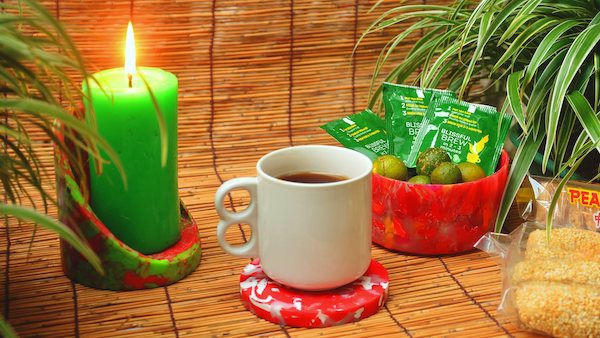Before we blame FMCG companies that produce sachets, let’s ask if they are offering concrete solutions to the packaging waste problem. Are they are applying the concept of “circular economy”? Do they have feasible ways to collect back the plastic containers and sachets? Do they have carbon-neutral and “plastic-neutral” goals with a set deadline?
It’s always better to bring reusable containers and order in bulk. Unfortunately, the Philippines is a sachet economy, where majority of the people can only afford single sachets for their everyday consumption.
“Circular economy of plastics” means that plastic is viewed as a material that can be reused, to avoid depleting natural resources, says food manufacturing company Mondelez Philippines in its recent event.
The company, previously known as Kraft Philippines, is a member of the Ellen MacArthur Foundation’s New Plastics Economy Global Commitment and globally supports the New Plastics Economy Initiative. It is pushing its zero-waste goal by 2030.
Helping Mondelez actualize this goal are partner industries born out of the need to reduce waste in the country—Green Antz Builders and Plastics by Manila Automat.
Green Antz is a green construction materials company that creates eco-bricks and construction materials made with recycled plastic. It builds and runs Green Antz Eco-Hubs—modernized Materials Recovery Facilities (MRFs) in communities, which function as plastic collection points, recycling facilities, and manufacturing hubs with a socially-inclusive model. It produces Eco-Bricks, Eco-Casts, and Eco-Pavers, coming from the plastic waste collected.
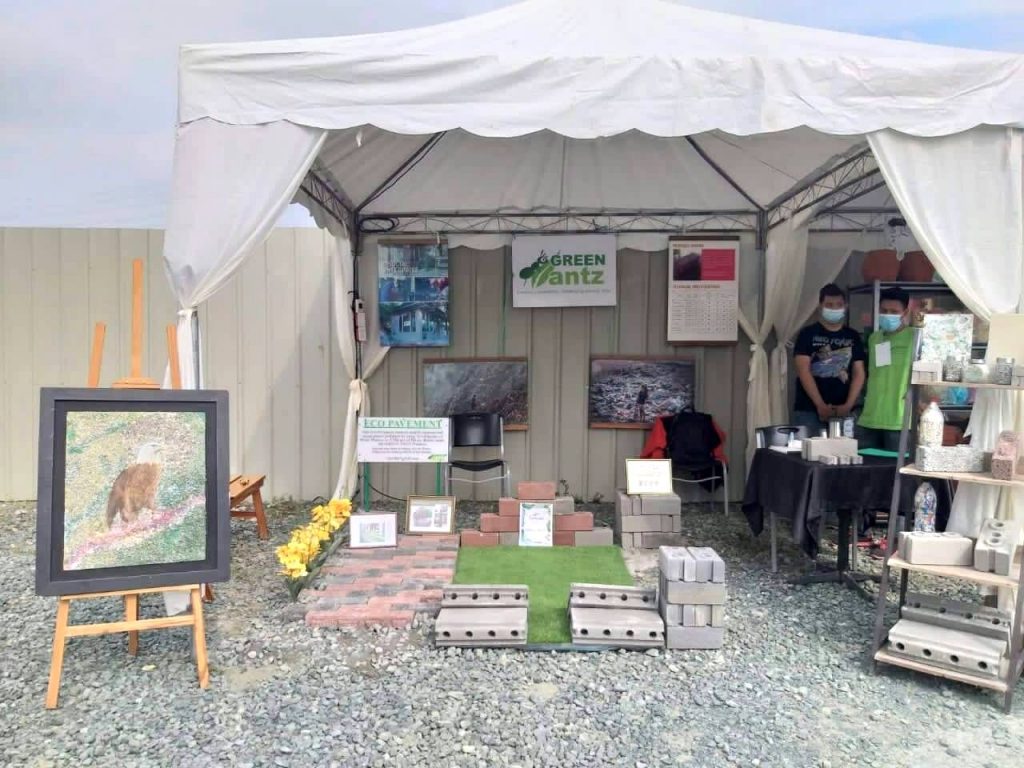
“Our eco products not only divert tons of plastic waste away from oceans and landfills, and repurposing them into green materials used in the construction industry, they are also uniquely designed and engineered stronger than regular hollow blocks and use less water to build into structures,” shares Rommel Benig, founder and CEO.
“Green Antz has created a trailblazing platform for Environmental, Social, Governance (ESG) initiatives. We have built our entire business on the idea that plastic waste is a resource as valuable as paper or glass, and can be reused.” In 2020 alone, Green Antz collected and diverted close to 100,000 kilograms of plastics away from landfills or oceans.
Plastics by Manila Automat, meanwhile, collects plastic waste and turns them into practical, usable, and creative materials—from fashion pieces to practical home products, including chairs, clocks, coasters and planters.
“We started our company based on a belief that plastic should be reused and is a valuable material,” shares Mica Agregado, head of designs. “Since 2019, we have sold 436 pieces of our home and fashion pieces and, in the process, recycled 327 kg of plastic packaging.”
For its part, Mondelez Philippines commits to making all its packaging recycle-ready and labelled with recycling information for consumers by 2025.
“We want to contribute to a circular economy where packaging material is recycled or reused, while minimizing food waste and the overall environmental impact of packaging, including on climate change,” explains Atty. Joseph Fabul, country manager for corporate and government affairs of Mondelez Philippines.
“To help achieve this, we are working to find solutions to the shared problem of packaging waste—fixing broken processes, policies and perception… We also committed to invest in waste management projects where we are present and ensure that by 2025, five percent of our plastic packaging is from recycled content.”
